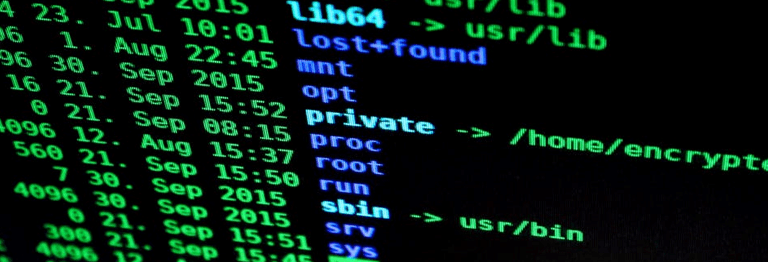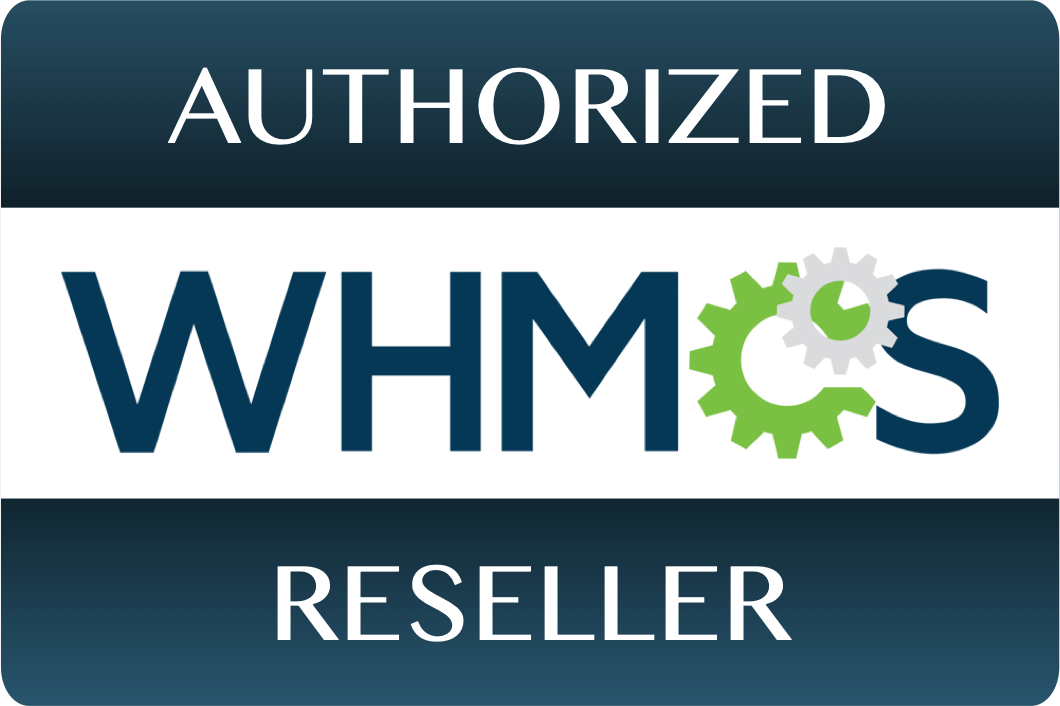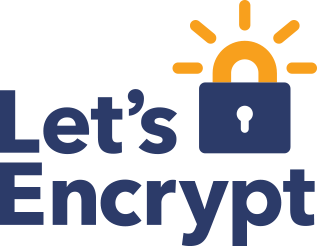
The internet is still a pretty unsafe place. Hackers and other criminals are stealing information all the time, governments and big telecom companies are trying to pry into our browsing habits to control and capture what information we access. There are a whole host of unsavory things out there and a VPN is an effective tool to help protect you from it all.
Public networks are where a lot of attacks happen. Notoriously, criminals lay traps found freely on public networks. Working remotely might be opening you up to a whole lot of nasty things. Your personal information, your companies private information, your financial information and your job are more often at risk than you are probably aware.
So What Is VPN?
A Virtual Private Network (otherwise known as a VPN) is a slick method in which a person like you or I can avoid the booby traps that seem to be everywhere now. They have become a standard security practice for many people in various industries but there is a real need for more people to learn how they work and how to protect themselves. Too many people are still vulnerable to easily preventable security threats.
VPN’s have become the gold standard with big corporations for 2 simple reasons. VPN is not just effective, its also cheap. Because it is a dedicated connection and encrypted, even if a thief was able to capture some of your data in an attack it still wouldn’t make sense to them because they simply wouldn’t be able to decrypt it. Furthermore, a personal computers IP address is replaced by their VPN providers IP address. Meaning your browsing habits, your downloads (yes, including torrents) and what videos you watch are now anonymous. Want to watch a new episode of a TV show in another country but keep getting warnings like “This content is not available in your country.”? Simply switch your VPN to one with an IP located in that country and voila. All of the regional videos with none of the hassle of being geographically located within that countries borders.
How to get a VPN.
Establishing any connection with a VPN is essentially the same. You would connect to whatever network you wish to use and turn it on. That is basically it. Everything else is done for you by the client software. Companies like ASPnix offer premium VPN service for between .13 and .14 cents a day ($50 a year). The service just runs in the background. Most users don’t bother to turn it on or off again. There isn’t any change in speed or performance so nothing is really lost by staying safely behind the VPN all of the time afterwards. I use it myself and can’t say enough nice things about it.








